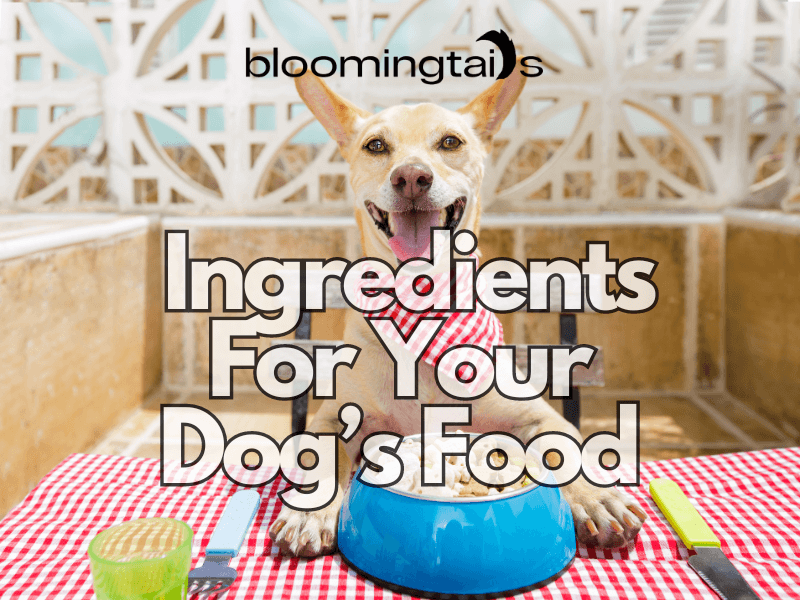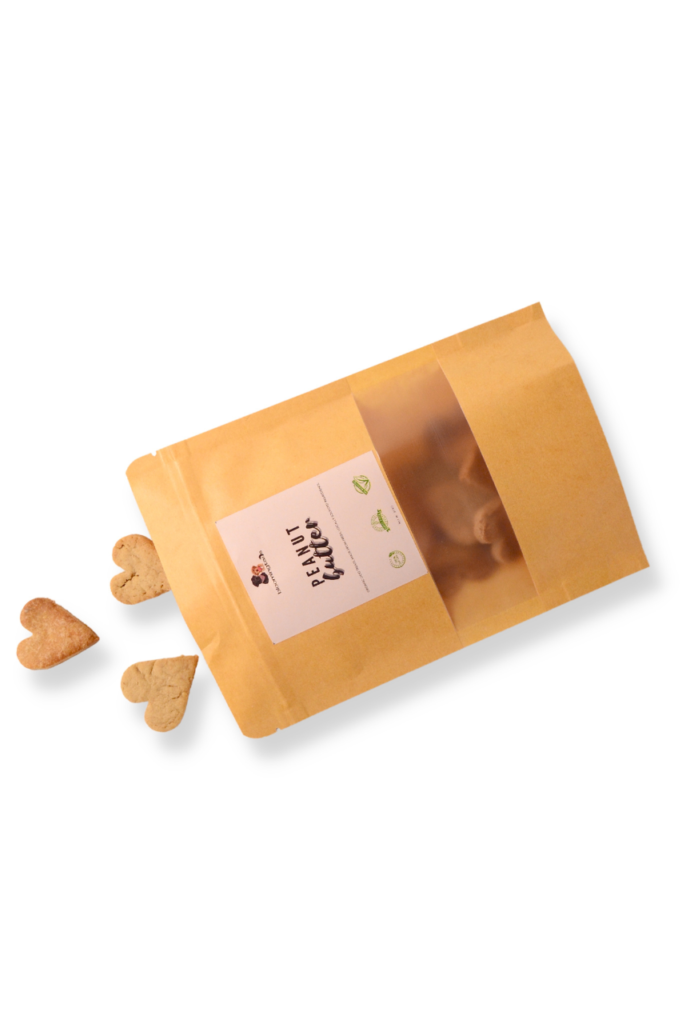Key Ingredients to Seek Out in Your Dog’s Food

From kale smoothies to HIIT workouts, we’re all about putting our well-being front and center. But amidst the frenzy of green juices and yoga poses, let’s not forget about our furry friends! Our pets deserve the same level of care and consideration when it comes to their diet. So, just like we scrutinize ingredient labels at the grocery store, it’s time to turn our attention to what goes into their food bowls. We are on a quest to decode the mysteries of dog food ingredients. Because when it comes to their health, nothing is too good for our fur babies!
Understanding Dog Nutrition Basics
Before diving into specific ingredients, it’s important to understand the basic nutritional needs of dogs. Dogs are omnivores, which means they require a balanced diet that includes proteins, fats, carbohydrates, vitamins, and minerals. The right balance of these nutrients is key to maintaining their health, energy levels, and overall well-being.
Key Ingredients to Look for in Dog Food
1. High-Quality Proteins
Proteins are the building blocks of a healthy diet for dogs. Look for dog food that lists real meat as the first ingredient. Good sources include chicken, beef, lamb, fish, and turkey. These provide the essential amino acids that dogs need to build and repair tissues and to function optimally.
2. Healthy Fats
Fats are another critical component of dog food, providing energy and helping your dog absorb vitamins. They also contribute to a healthy coat and skin. Look for foods containing named fat sources like chicken fat, salmon oil, or canola oil, which are rich in omega-3 and omega-6 fatty acids.
3. Complex Carbohydrates
Carbohydrates provide energy and help in intestinal health. Whole grains like brown rice, barley, and oats are excellent sources of complex carbohydrates. However, some dogs are better suited to grain-free diets, especially if they have allergies. In such cases, sweet potatoes and peas are beneficial alternatives.
4. Fiber
Fiber is crucial for maintaining good digestive health. Ingredients like beet pulp, chicory root, and pumpkin are excellent sources of dietary fiber. They help regulate digestion and support a healthy gut environment.
5. Vitamins and Minerals
A balanced diet must include the necessary vitamins and minerals that support metabolic functioning, bone health, and nerve function. Look for dog food that includes a variety of fruits and vegetables, as they are natural sources of essential vitamins and minerals. Examples include carrots for beta-carotene, blueberries for antioxidants, and spinach for iron.
6. Probiotics and Prebiotics
Probiotics and prebiotics help maintain the balance of beneficial bacteria in the dog’s intestine. Foods that include probiotics like Lactobacillus or prebiotics such as inulin can aid in enhancing your dog’s digestive health and immune system.
Ingredients to Avoid in Dog Food
Just as important as what to include in dog food is knowing what to avoid. Some ingredients can be harmful to your pet’s health or do not provide any nutritional benefit. Here are a few ingredients to steer clear of:
- By-products and Generic Meat Sources:
Avoid dog foods that list “meat by-products” or generic meat meals. These can come from any source and often do not provide the high-quality protein your dog needs.
- Artificial Colors, Flavors, and Preservatives:
Chemicals like BHA, BHT, and ethoxyquin are often used as preservatives in dog food but can be harmful to your pet’s health. Natural preservatives like tocopherols (forms of vitamin E) or vitamin C are safer choices.
- Fillers:
Ingredients like corn, wheat, and soy are often used as fillers. They offer little nutritional value and can lead to allergies and digestive issues in some dogs.
Tips for Choosing the Right Dog Food
- Read Labels Carefully: Always check the ingredients list on dog food packaging. The first few ingredients are the most telling about the quality of the food.
- Consider Your Dog’s Age, Size, and Activity Level: Puppies, adult dogs, and seniors have different nutritional needs. Similarly, active breeds require more calories, while smaller breeds may benefit from smaller kibble sizes or different nutrient balances.
- Consult with Your Veterinarian: If you’re unsure about what type of dog food is best for your pet, particularly if they have special dietary needs or health issues, consult with your veterinarian.
Our Picks : Fan favourite ‘Peanut Butter Treats’

Choose more flavours here
Conclusion
Selecting the right dog food is a pivotal decision that affects your dog’s health. By understanding the essential ingredients and learning to read labels carefully, you can choose a food that supports your pet’s health throughout their life stages. Remember, the best dog food combines high-quality proteins, healthy fats, essential carbohydrates, and the necessary vitamins and minerals to keep your furry friend happy, healthy, and energetic.







